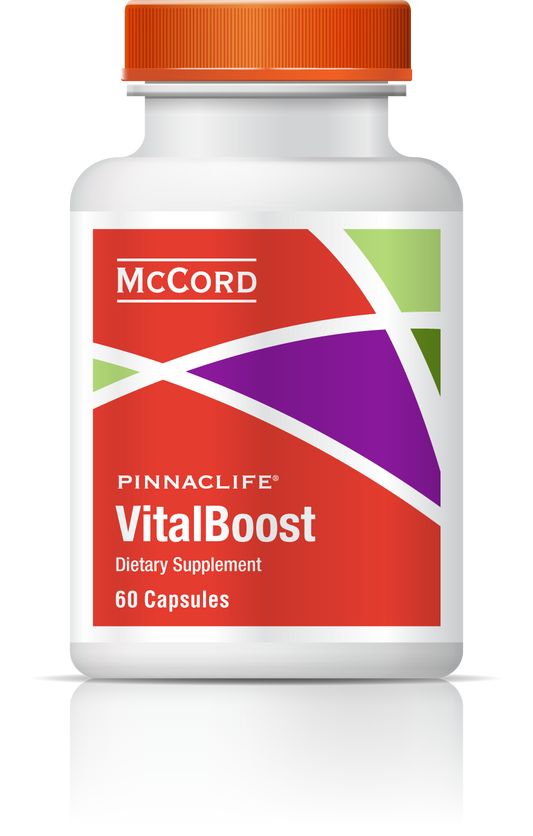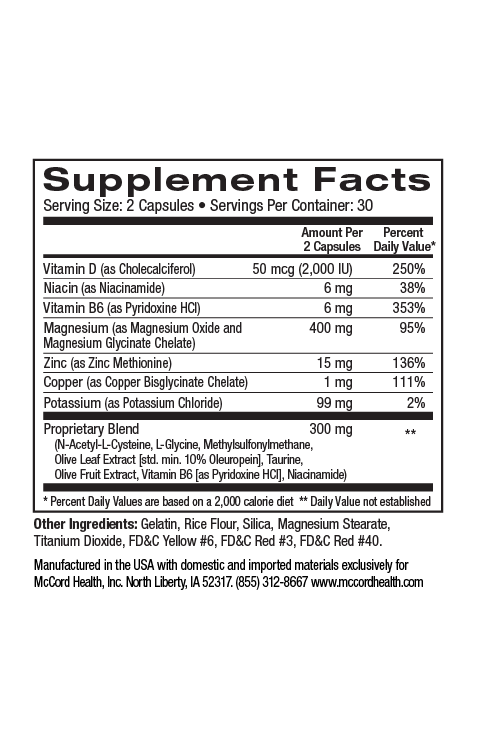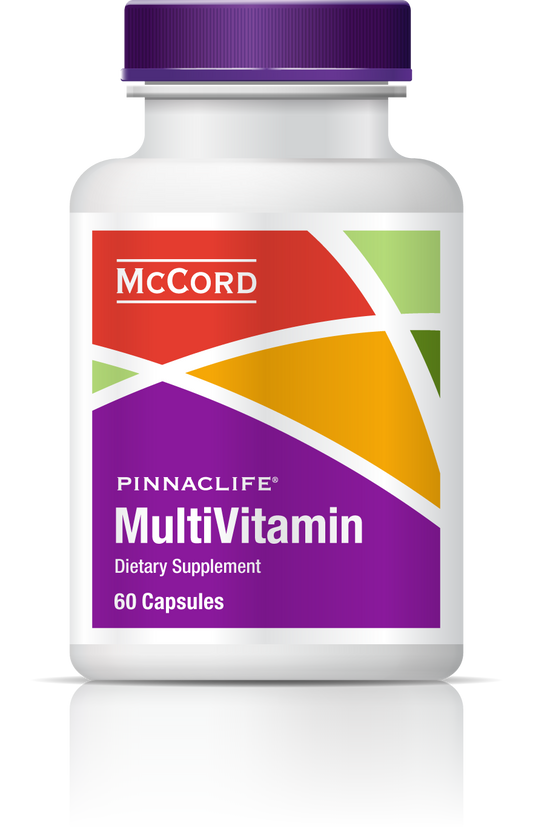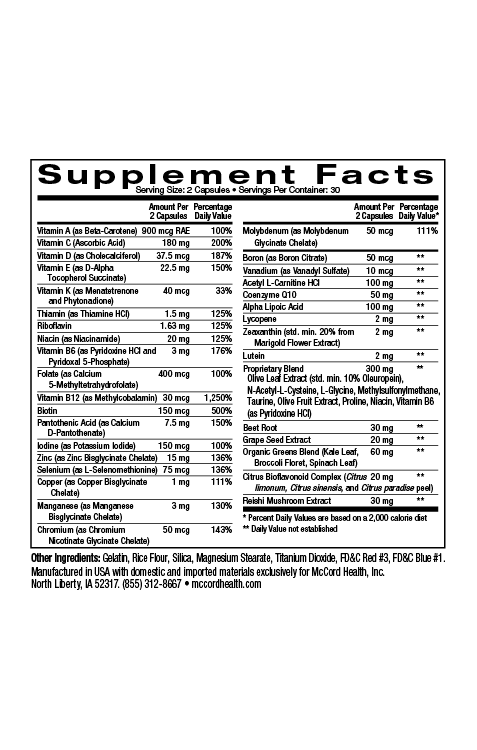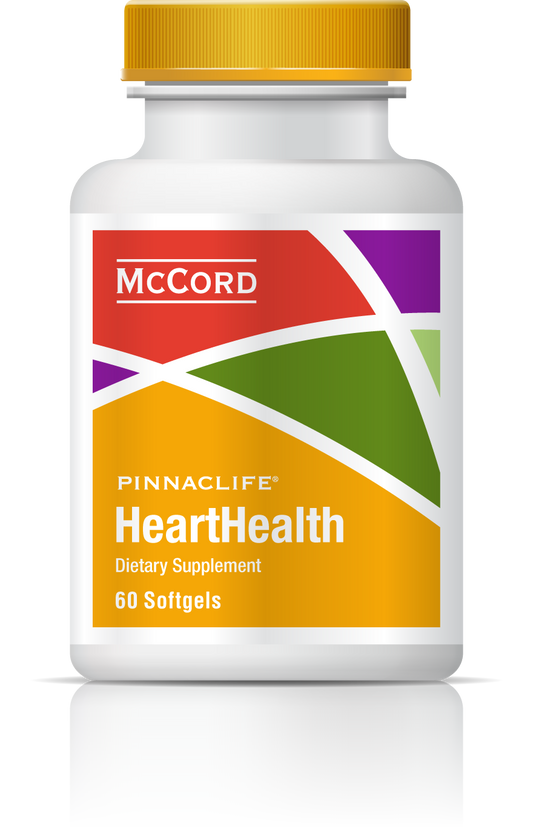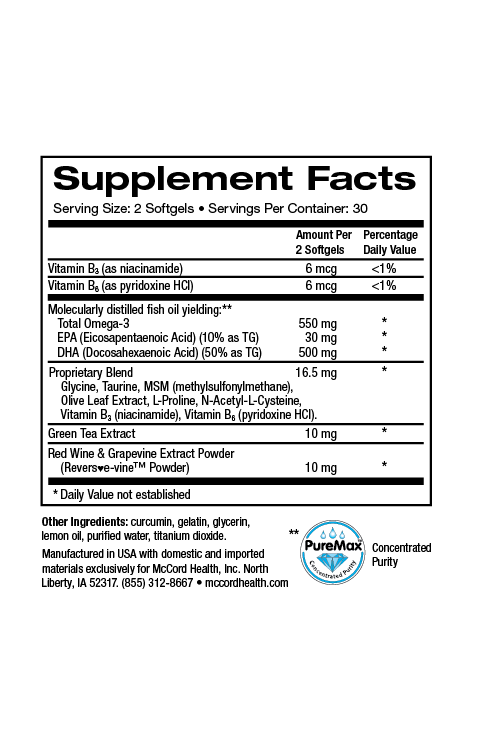In our fast-paced lives, maintaining mental well-being is just as crucial as physical health. While there are many routes to a healthier mind, vitamin supplements can play a significant role in boosting your mental state. Let’s explore the different ways in which these supplements can enhance your mental well-being.
1. Boosting Your Mood Naturally
Vitamin B6, often praised for its mood-enhancing properties, can help boost levels of serotonin and dopamine, leading to improved mood and a sense of well-being. These neurotransmitters are the body’s natural mood regulators, and an imbalance can lead to feelings of sadness or irritability. By taking Vitamin B6 supplements, you can naturally increase these neurotransmitters, which may help alleviate mild mood disorders and promote a positive outlook on life.
Additionally, vitamin B6 aids in producing melatonin, the hormone responsible for regulating sleep patterns. This dual action not only helps in mood enhancement but also promotes better sleep quality, which is crucial for mental health. Consistent and quality sleep supports emotional regulation, allowing you to face daily challenges with a balanced mindset. Consider adding foods rich in B6 or supplements to harness these mood-boosting benefits.
2. Enhancing Cognitive Functions
Omega-3 fatty acids are known for their ability to support brain health. These supplements can enhance cognitive functions such as memory and decision-making skills. Particularly, DHA, a type of Omega-3, is a major component of brain cell membranes. Studies have shown that individuals who consume Omega-3s regularly have better memory retention and greater learning capacity, which is why they’re often recommended for both young adults and seniors.
In addition to memory and learning, Omega-3s play a role in reducing the risk of age-related cognitive decline. They help in maintaining the health of neurons, ensuring that brain cells communicate effectively. By including Omega-3 supplements in your diet, you can support your brain’s longevity and functionality, which is essential for staying mentally sharp and alert throughout life.
3. Reducing Anxiety Levels
Magnesium supplements can play a pivotal role in reducing anxiety. By helping regulate neurotransmitters, magnesium can contribute to a calmer and more relaxed state of mind. Magnesium is involved in hundreds of biochemical reactions in the body and supports a healthy nervous system. Its calming effect helps reduce the over-excitation of nerve cells, which is common in anxiety and stress.
Furthermore, research suggests that magnesium boosts the production of GABA (gamma-aminobutyric acid), a neurotransmitter that acts as the brain’s main inhibitory neurotransmitter, calming nervous activity. By incorporating magnesium into your routine, you can potentially reduce symptoms of anxiety and experience a more balanced emotional state.
4. Supporting Sleep Quality
Melatonin supplements are essential for those struggling with sleep disorders. Melatonin can help regulate sleep cycles, ensuring you get the rest you need for optimal mental health. It is especially beneficial for those who experience insomnia or have trouble falling asleep due to irregular work schedules or jet lag. By supplementing with melatonin, you can reset your body’s internal clock, paving the way for improved quality of rest.
Quality sleep not only rejuvenates the body but also refreshes the mind. It plays a critical role in cognitive functions, mood regulation, and preventing mental fatigue. Proper sleep hygiene supported by melatonin can have a significant impact on mental resilience and overall well-being. It’s always advisable to establish a sleep routine that enables your body to wind down naturally.
5. Combating Stress Effectively
Vitamin C is well-known for its stress-relieving properties. This powerful antioxidant helps reduce the levels of cortisol, the hormone responsible for stress. By lowering cortisol levels, Vitamin C can help neutralize the physical and emotional strain stress places on the body and mind. Regular intake can lead to improved mental clarity and a greater capacity to manage life’s pressures.
Moreover, Vitamin C supports the production of neurotransmitters like dopamine and serotonin, which play a crucial role in mood regulation and stress relief. Foods rich in Vitamin C, such as citrus fruits and berries, along with supplements, can enhance your body’s ability to handle stress, leading to a more centered and focused mental state.
6. Strengthening Resilience to Depression
Studies have shown that vitamin D can be instrumental in combating depression. Adequate levels of vitamin D can improve mood and reduce symptoms of depression. Known as the ‘sunshine vitamin,’ it is primarily obtained through sun exposure, but modern lifestyles often result in deficiencies. Supplements can bridge this gap, offering a natural way to stabilize mood.
Vitamin D influences the areas of the brain that control mood, with deficiencies often linked to depression. Research indicates that increasing Vitamin D intake can alleviate symptoms in those struggling with seasonal affective disorder (SAD) and other mood disturbances. Incorporating it into your daily regimen might provide the support your mental health needs.
7. Elevating Energy Levels
The B vitamins, particularly B12, are essential for energy production. These vitamins combat fatigue, providing sustained energy that contributes to better mental clarity. B12 supports the conversion of food into energy and is crucial for the formation of red blood cells. This helps transport oxygen efficiently throughout the body, leading to reduced feelings of tiredness.
In addition to physical energy, B12 aids psychological energy, supporting the brain in performing tasks that require focus and concentration. Symptoms of a B12 deficiency include lethargy, confusion, and difficulties concentrating. Ensuring adequate intake through diet or supplements can significantly impact your overall energy levels and mental performance.
8. Enhancing Concentration
Ginkgo biloba supplements have been shown to enhance concentration and focus, making them a popular choice for improving mental performance. The herb is said to enhance blood circulation to the brain, thereby increasing the delivery of oxygen and nutrients critical for cognitive functions.
Beyond focus, Ginkgo biloba is associated with improvements in memory and task execution, benefiting students and professionals alike. Anecdotal evidence supports its role in maintaining cognitive sharpness, especially in aging populations. With regular supplementation, you might find tasks requiring sustained mental effort and concentration become easier to handle.
9. Increasing Neuroplasticity
Curcumin found in turmeric supplements can increase neuroplasticity, the brain’s ability to form new connections and pathways, enhancing learning and adaptability. This fascinating property of curcumin has led researchers to explore its potential benefits in neurodegenerative conditions like Alzheimer’s disease.
By stimulating brain-derived neurotrophic factor (BDNF), curcumin supports the growth and survival of neurons, aiding the brain’s plasticity. Regular consumption of curcumin, either through diet or supplements, could potentially boost cognitive longevity and resilience, aiding the brain in processing information and adapting to new situations effectively.
10. Promoting Calmness
Ashwagandha is an ancient herb used for its calming properties. It helps to balance stress hormones, promoting a sense of calm and relaxation. This adaptogen is often recommended to help the body effectively manage stress, supporting mental and physical vitality.
Ashwagandha has been linked to reducing the symptoms of anxiety and depression due to its potent stress-relieving effects. By reducing cortisol levels and influencing the activity of neurotransmitters in the brain, it fosters a balanced emotional state. Incorporating ashwagandha into your routine can contribute to a more serene mental presence, helping to navigate daily stressors with ease.
11. Alleviating Symptoms of ADHD
Zinc supplements are often used to alleviate symptoms of ADHD by supporting brain function and reducing hyperactivity and impulsivity. Zinc plays a vital role in neurotransmitter function and is crucial for maintaining the structural integrity of brain cells.
Research has demonstrated that children with ADHD often have lower serum zinc levels compared to their peers. Supplementing with zinc can help improve focus and decrease behavioral issues, offering a natural support mechanism for managing ADHD symptoms. Parents and caregivers looking for alternative ways to support their child’s cognitive health might consider exploring zinc supplementation as part of an integrated care approach.
12. Balancing Hormones
Omega-3 and primrose oil supplements assist in balancing hormones, which can have a profound impact on mood stabilization and overall mental well-being. Hormonal imbalances can lead to mood swings, fatigue, and mental fog, so achieving hormonal balance is key to maintaining emotional harmony.
Omega-3 fatty acids, known for promoting brain health, work synergistically with primrose oil, high in gamma-linolenic acid (GLA), to support the endocrine system. This combination is particularly useful for those experiencing premenstrual syndrome (PMS) or menopausal symptoms. By ensuring your body has the necessary nutrients for hormonal balance, you can improve not only your mental well-being but also your overall quality of life.


